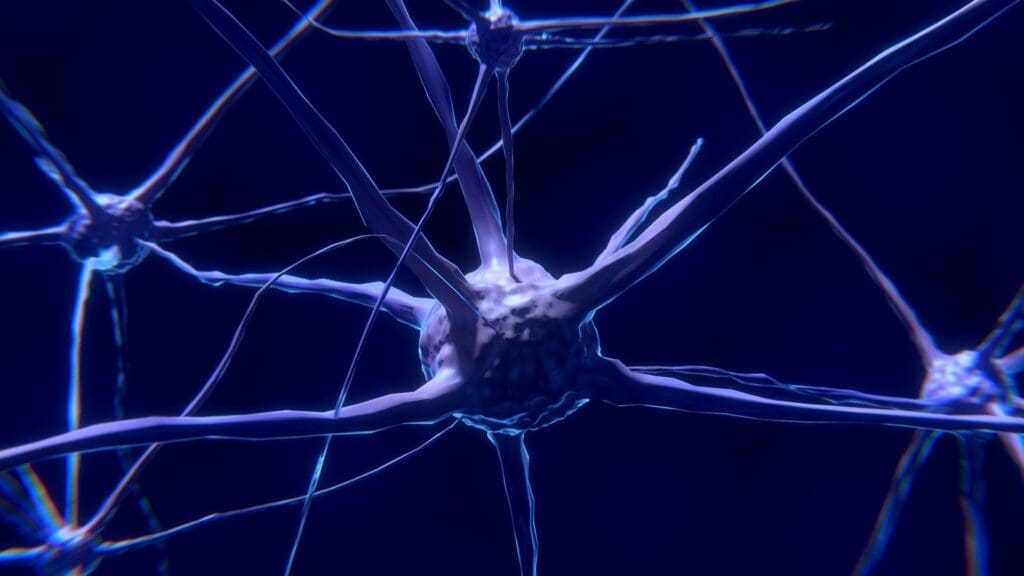Personalized medicine: Quantum sensors enable non-destructive monitoring of cells
For the first time, quantum sensors are to monitor disease processes in living cells without leaving any traces. At the Rhineland-Palatinate University of Technology, a physicist and two biologists are researching mini-sensors that shine through laser light and change their glow when they come into contact with pollutants. The focus is on reactive oxygen species that contribute to the development of neuropsychiatric and neurodegenerative diseases. The Carl Zeiss Foundation is funding the project with almost 900,000 euros as part of the CZS Wildcard program.
The team develops genetically encoded quantum sensors that are integrated into cells as biosensors. Previous fluorescent proteins change their fluorescence through chemical interactions, which disrupts physiological processes. Quantum sensors work non-destructively via magnetic interactions, using the spin and magnetic properties of quantum particles. When in contact with reactive oxygen, the fluorescence changes due to magnetic moments.

The sensors will initially be used in nerve cells to better understand diseases. Potential applications include the measurement of neuronal activity and signal transmission via ion channels. In the long term, research could advance personalized medicine, for example by studying neurons derived from patient stem cells to clarify the role of reactive oxygen species and find suitable drugs.
The CZS Wildcard funding programme supports unconventional ideas in the STEM field that are radically new and daring. It is aimed at interdisciplinary consortia of at least three researchers.
The Carl Zeiss Foundation creates space for scientific breakthroughs and supports basic and application-oriented research in mathematics, computer science, natural sciences and technology. Founded in 1889, it is one of the oldest and largest private science-promoting foundations in Germany and is the owner of Carl Zeiss AG and Schott AG. Projects are financed by dividend distributions.
Editor: X-Press Journalistenbû¥ro GbR
Gender Notice. The personal designations used in this text always refer equally to female, male and diverse persons. Double/triple naming and gendered designations are used for better readability. ected.




